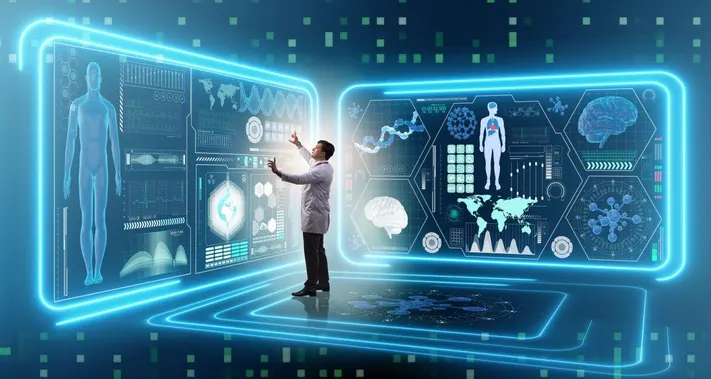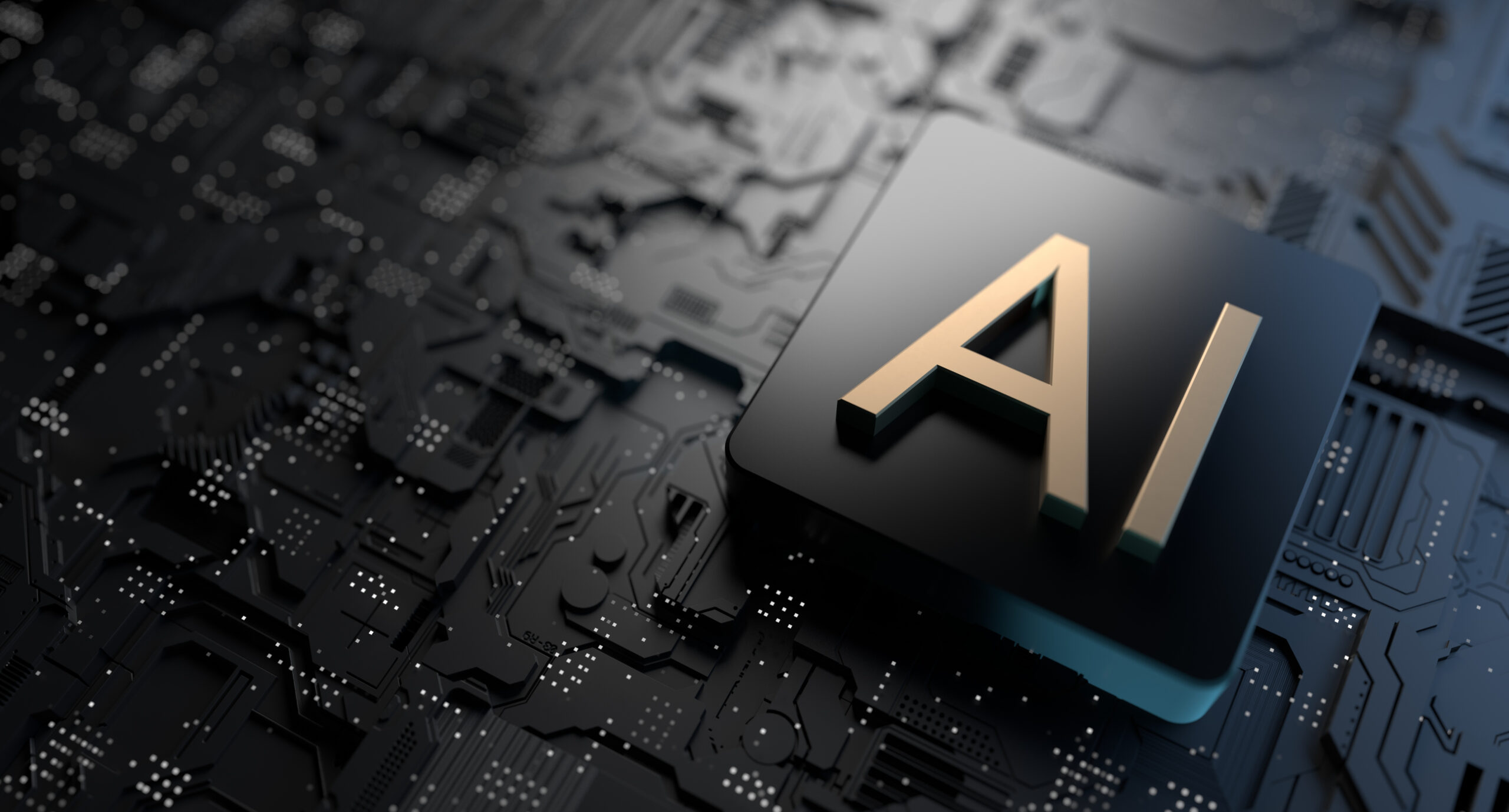Artificial intelligence (AI) is rapidly transforming various industries, and healthcare is no exception. The adoption of AI in healthcare is expanding, offering new opportunities to improve patient care and streamline medical processes. From diagnostics to personalized treatment plans, AI has the potential to revolutionize the way healthcare is delivered. This essay explores the significant impact of AI in healthcare, highlighting its benefits, applications, and the challenges it faces.
The Promise of AI in Healthcare
AI encompasses a range of technologies, including machine learning, natural language processing, and robotics, all of which can be harnessed to enhance healthcare delivery. The promise of AI in healthcare lies in its ability to process vast amounts of data quickly and accurately, uncovering patterns and insights that might be missed by human practitioners. Here are some key benefits:
1. Improved Diagnostics:
• AI algorithms can analyze medical images, pathology slides, and genetic data with remarkable precision, aiding in the early detection and diagnosis of diseases such as cancer, heart disease, and neurological disorders.
2. Personalized Treatment:
• By analyzing patient data, AI can help develop personalized treatment plans tailored to individual patients’ genetic makeup, lifestyle, and medical history, improving treatment outcomes and reducing adverse effects.
3. Operational Efficiency:
• AI can streamline administrative tasks such as scheduling, billing, and inventory management, reducing the burden on healthcare staff and allowing them to focus more on patient care.
4. Predictive Analytics:
• AI-powered predictive analytics can identify patients at risk of developing certain conditions, enabling proactive interventions and preventive care that can significantly improve health outcomes.
5. Enhanced Patient Monitoring:
• AI-driven wearable devices and remote monitoring systems can track patients’ vital signs in real-time, alerting healthcare providers to potential issues before they become critical.
Applications of AI in Healthcare
The applications of AI in healthcare are vast and varied, encompassing numerous areas of medical practice. Here are some prominent examples:
1. Medical Imaging and Radiology:
• AI algorithms can interpret medical images such as X-rays, MRIs, and CT scans with high accuracy, assisting radiologists in detecting abnormalities and making diagnoses more quickly.
2. Drug Discovery and Development:
• AI accelerates the drug discovery process by analyzing large datasets to identify potential drug candidates, predict their efficacy, and optimize clinical trials, thereby reducing the time and cost associated with bringing new drugs to market.
3. Electronic Health Records (EHR):
• AI can enhance the functionality of EHR systems by extracting and organizing relevant patient information, providing clinical decision support, and ensuring that healthcare providers have access to comprehensive and accurate patient data.
4. Virtual Health Assistants:
• AI-powered virtual health assistants can provide patients with personalized health advice, medication reminders, and appointment scheduling, improving patient engagement and adherence to treatment plans.
5. Robotic Surgery:
• AI-driven robotic systems can assist surgeons in performing complex procedures with greater precision and control, reducing the risk of complications and improving surgical outcomes.
Challenges and Ethical Considerations
Despite the significant potential of AI in healthcare, its adoption is not without challenges and ethical considerations. Addressing these issues is crucial for the successful integration of AI into the healthcare system.
1. Data Privacy and Security:
• The use of AI in healthcare requires access to vast amounts of patient data, raising concerns about data privacy and security. Ensuring that patient information is protected from breaches and misuse is paramount.
2. Bias and Fairness:
• AI algorithms can inadvertently perpetuate existing biases in healthcare if they are trained on biased datasets. Ensuring fairness and equity in AI-driven healthcare solutions is essential to avoid exacerbating health disparities.
3. Regulatory Compliance:
• The integration of AI into healthcare must comply with stringent regulatory requirements to ensure the safety and efficacy of AI-based medical devices and applications. Navigating the complex regulatory landscape can be challenging for developers and healthcare providers.
4. Clinical Integration:
• Successfully integrating AI into clinical workflows requires careful planning and collaboration between technology developers and healthcare professionals. Ensuring that AI tools complement rather than disrupt existing practices is key to their adoption.
5. Ethical Concerns:
• The use of AI in healthcare raises ethical questions about the role of technology in decision-making, the potential for job displacement among healthcare workers, and the importance of maintaining the human touch in patient care.
The Future of AI in Healthcare
The future of AI in healthcare is promising, with ongoing advancements likely to further enhance its capabilities and applications. Here are some trends to watch:
1. AI and Genomics:
• Integrating AI with genomic data will enable more precise and personalized treatments, paving the way for advancements in precision medicine.
2. AI in Mental Health:
• AI-driven tools for mental health assessment and intervention can improve access to mental health services and provide early detection and support for mental health conditions.
3. Telemedicine and AI:
• The combination of AI and telemedicine will enhance remote care delivery, enabling more accurate diagnoses and personalized treatment plans for patients regardless of their location.
4. AI-Driven Health Research:
• AI will continue to play a crucial role in health research, accelerating the discovery of new treatments and improving our understanding of complex diseases.
Conclusion
The adoption of artificial intelligence in healthcare is expanding, offering transformative potential to improve patient care and streamline medical processes. While there are significant benefits to be gained, it is essential to address the challenges and ethical considerations associated with AI to ensure its responsible and equitable integration into healthcare. By doing so, AI can help create a more efficient, effective, and personalized healthcare system that benefits all patients.



